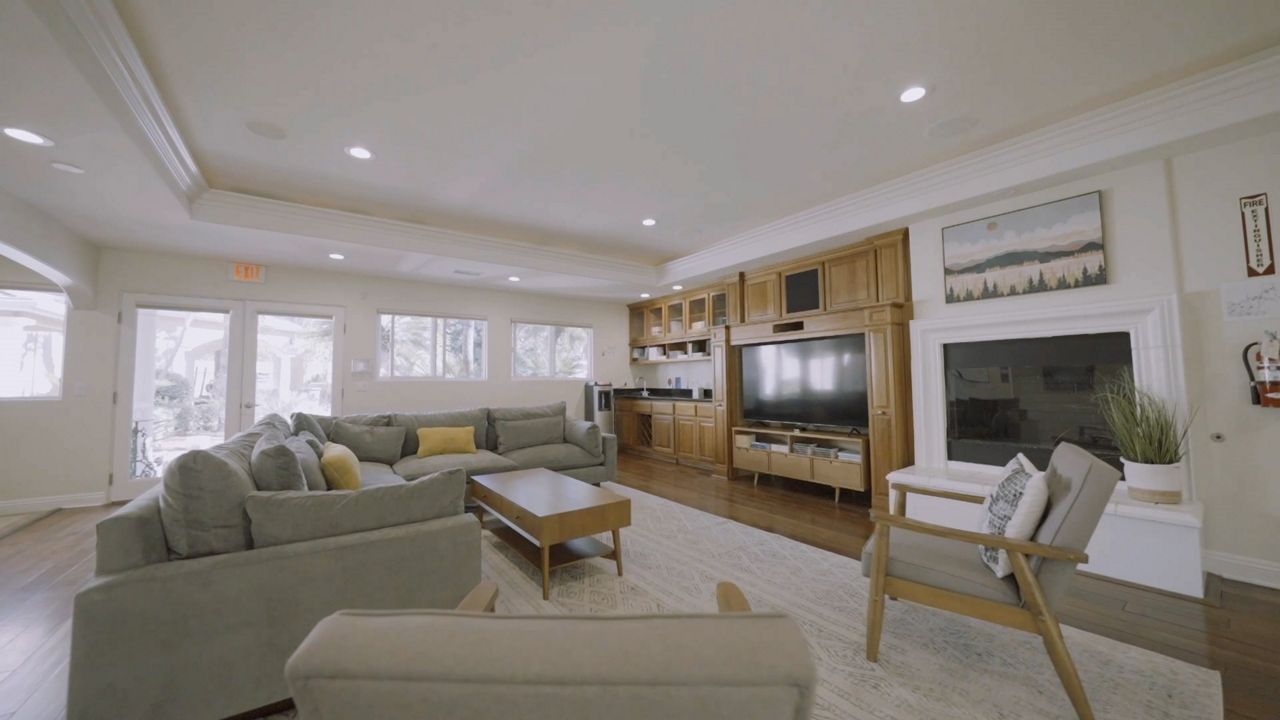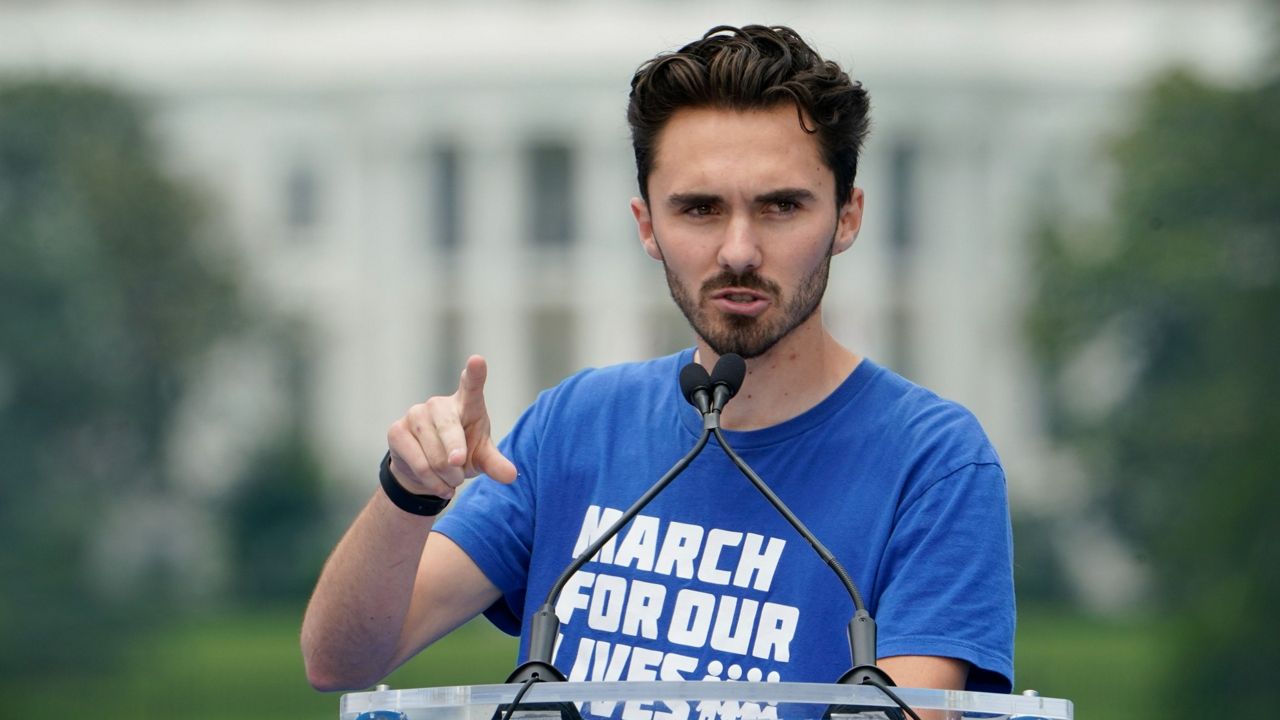ANAHEIM, Calif. — Growing up in Pennsylvania, Robyn Snyder was just a freshman in high school when her brother died from an overdose.
That’s when everything changed.
“Losing him was one of the hardest things that I ever had to go through,” Snyder said.
His death sent her into a deep depression that only seemed to get worse. Coupled with COVID and learning from home, she tried intensive outpatient therapy but says she would end up back where she started.
“I would lie in bed until 2 p.m. and I realized it felt normal at the time, but then I realized, ‘Wow, this just isn’t how it’s supposed to be. My day is starting right before dinner!’” Snyder said. “I was in a super dark place, and I felt so alone, even though I’ve always had these great friends.”
In May 2021, her mom sent her to Newport Healthcare’s Young Adult Program in Orange County.
While at a residential treatment center for 60 days, Snyder worked to process her trauma and learn how to advocate for herself.
“We wrote a letter to our past selves about why we wanted to get rid of them, and I still think about that because that was a really hard thing to do. It was super emotional, but when I did that, I really felt that I could let go of that person,” she said.
The treatment also included CrossFit, yoga and spiritual components. Snyder says she never felt like she was just a patient they had to treat. In fact, staff and friends even threw her a prom, since she was missing her own.

“They made a prom poster for me, like a proposal, like will you go to prom with us? They made me a corsage with flowers from the backyard,” she said.
“It was one of those things where you just want to cry because you feel so loved.”
Matt Nonoshita can relate.
“Thirteen and a half years ago, I went to treatment myself and received some of the very same services that we offer our clients,” Nonoshita said.
He’s now the executive director of Youth Services at Newport Healthcare and says being exclusive to the young adult population of 18-32 years old is what sets them apart. They focus on attachment-based family therapy.
“We try to take a look at the family system from an attachment perspective and look at the ruptures that may have occurred in early childhood or early years that may have contributed to some of the mental health issues and address those with the patient and their family,” he said.
He urges parents to be involved as possible in their children’s lives.
“Just trying to meet whatever needs that they have going on and when things get rough, supporting them through that and teaching them a different way,” Nonoshita said.
He says the most rewarding part of this job for him is watching the transformation from the depths of despair.
“There’s just this shift and the lights come on and there’s hope and they have plans for the future and there’s excitement and you start to see love come back into the picture. That experience is absolutely priceless,” he said.
“It was truly the best experience to ever happen to me. It absolutely saved my life!” Snyder said.
She is starting at Penn State in the fall and plans to eventually work in mental health herself.
“I want to be an inspiration for someone that is in there and feels like they’re at their lowest,” Snyder said. “I want to be able to make them think they can keep going.”
Let Inside the Issues know your thoughts and watch Monday through Friday at 8 and 11 p.m. on Spectrum News 1.











